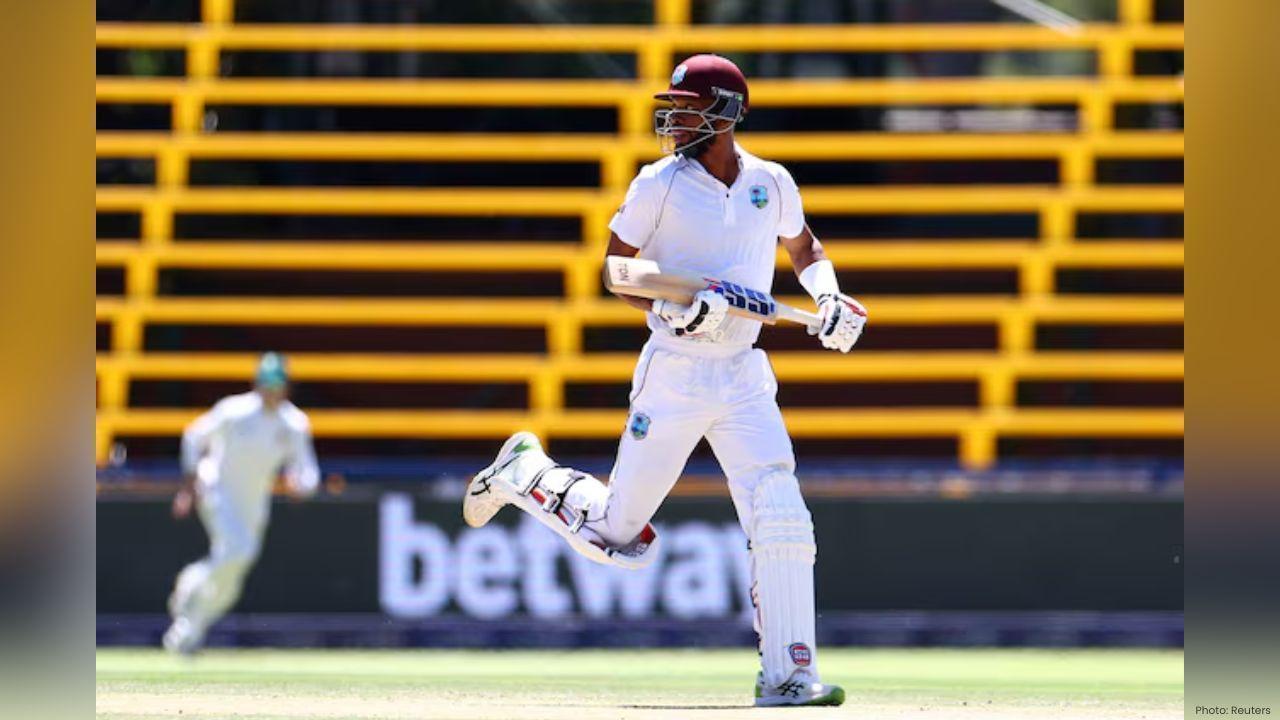
Post by : Mumtaaz Qadiri
West Indies Test captain Roston Chase has admitted that his team’s long-standing batting problems are deeply connected to the financial and infrastructural challenges faced by cricket in the Caribbean. His comments came after the team’s heavy defeat to India in the first Test in Ahmedabad. India won the match by an innings and 140 runs within just three days, exposing the significant gap between the two sides. The result has once again raised concerns about the West Indies’ ability to compete at the highest level in Test cricket.
India Dominate Series Opener
India’s dominant performance in Ahmedabad highlighted the team’s superior skill and preparation. West Indies could only manage 162 and 146 in their two innings, failing to trouble the Indian bowling attack or bowl their rivals out even once. With this loss, India now leads the two-match series 1–0 and are strong favourites to complete a 2–0 sweep in Delhi. For the West Indies, who were also defeated 3–0 by Australia earlier this year, the result added to a growing list of disappointing performances in Test cricket.
Poor Facilities Affecting Development
In his post-match comments, Chase openly discussed the challenges facing West Indies cricket, pointing to poor infrastructure and a lack of funding as key issues. “I think the systems in the Caribbean are a bit poor in terms of training facilities and stuff,” he said. While emphasizing that he was not making excuses for the team’s poor form, Chase noted that the lack of financial support was holding back cricket’s growth in the region. “There is obviously a struggle in the Caribbean for finances,” he added. “So whatever help we can get, I hope that we do get it so that we can strengthen the infrastructure for cricket.”
Challenges of Batting in Caribbean Conditions
Chase further explained that the playing conditions in the Caribbean also contribute to the team’s batting difficulties. He said that local pitches often do not favour batsmen, making it hard to play long innings or build big scores. “The pitches in the Caribbean are not really batsman-friendly. So guys don’t really bat for long periods and score those big scores,” he said. The slow outfields, he added, make it even more difficult for players to find boundaries, limiting scoring opportunities and confidence. These factors, he believes, have had a long-term impact on the team’s batting mindset.
Struggles with Consistency Continue
The West Indies’ batting struggles are not new but have become more severe in recent years. The team was bowled out for just 27 against Australia earlier this year — one of their lowest totals in history. Over their last 15 Test innings, they have crossed 250 runs only once, an alarming statistic for a side with such a rich cricketing legacy. Chase acknowledged that this inability to bat long periods is a major problem. “We’ve not been able to at least bat 80 overs, bat a day, or even get at least 250 or 300 runs on the board,” he said. He emphasized that batting deep into the first day is crucial to gaining control in a Test match.
Hope for Future Improvement
Despite these challenges, Chase remains optimistic about the future of West Indies cricket. He believes that with better facilities, stronger domestic competitions, and improved support systems, the team can rebuild its strength. However, he also stressed that players must take personal responsibility for their performances. “The onus is on the players to find some way to churn up runs and wickets,” he said. “We have to take ownership and do better, no matter the situation.”
The Road Ahead for West Indies
As the team prepares for the second Test in Delhi, there are urgent questions about how West Indies cricket can recover from its ongoing decline. Strengthening grassroots programmes, investing in better infrastructure, and improving financial management are seen as critical steps. Many cricket experts agree that the Caribbean needs a renewed commitment from regional boards and sponsors to revive the glory days of West Indies cricket. Until then, the team’s struggle to compete with top-ranked nations like India and Australia is likely to continue.
Roston Chase’s honest remarks reflect the broader crisis facing West Indies cricket — one rooted not only in on-field performance but also in off-field limitations. The combination of weak infrastructure, financial constraints, and inconsistent domestic development continues to hinder progress. As Chase and his team look forward to the next match in Delhi, the hope remains that this public acknowledgment of the region’s challenges will inspire greater investment and support for one of cricket’s most historic teams.






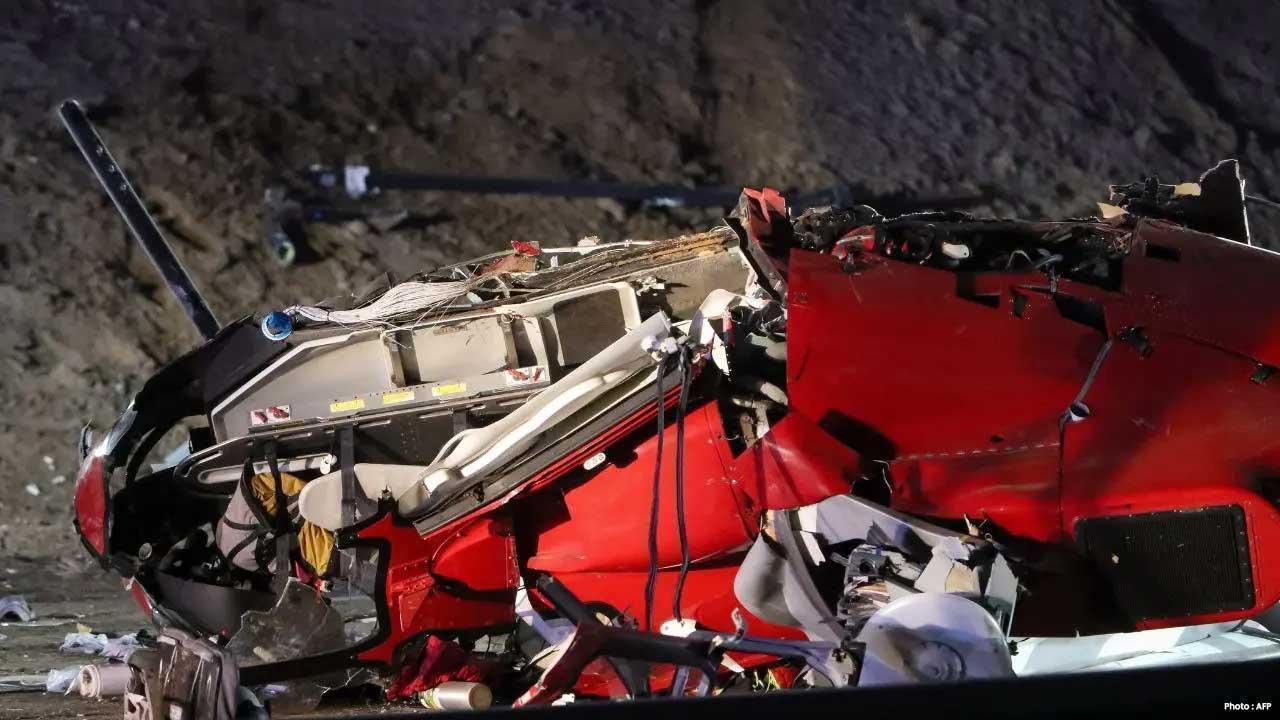



Australia Names Strong Squad for ODI and T20 Series vs India
Australia recalls Mitchell Starc and key players for the ODI and T20 series against India, preparing
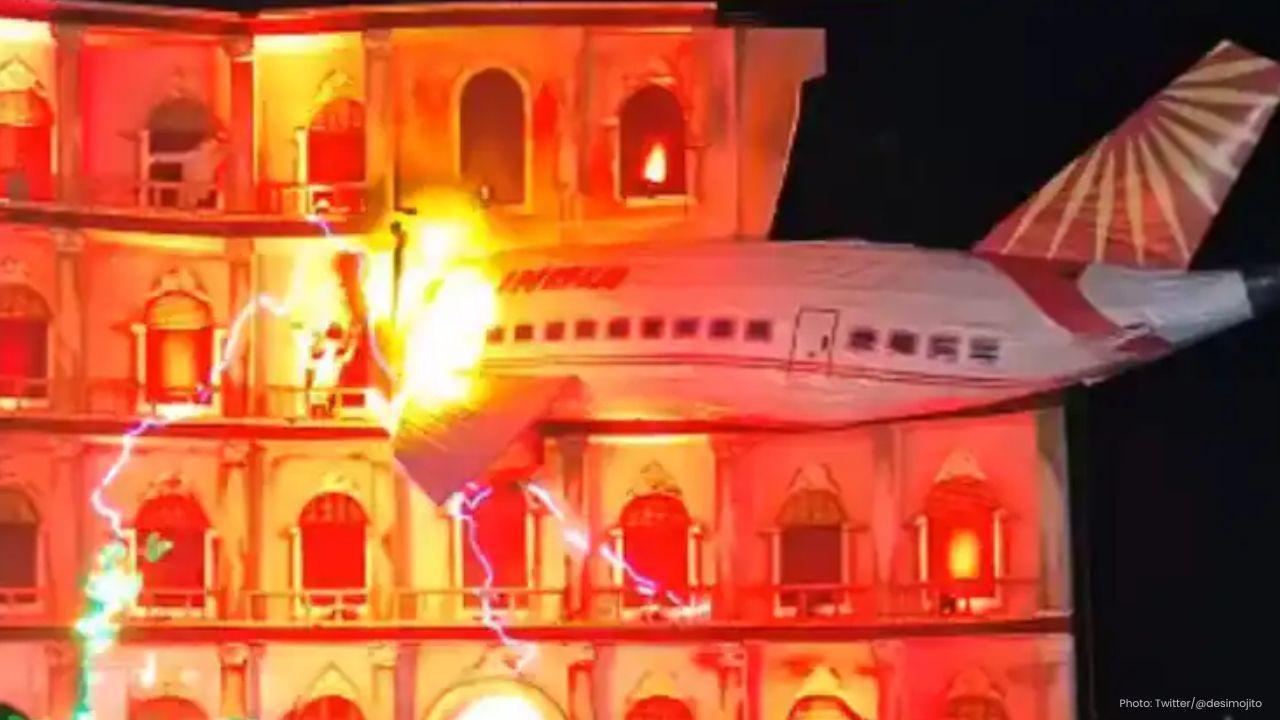
Hooghly Durga Pandal Sparks Outrage Over Air India Crash
Hooghly Durga Puja pandal recreating Air India crash sparks outrage, raising questions on sensitivit
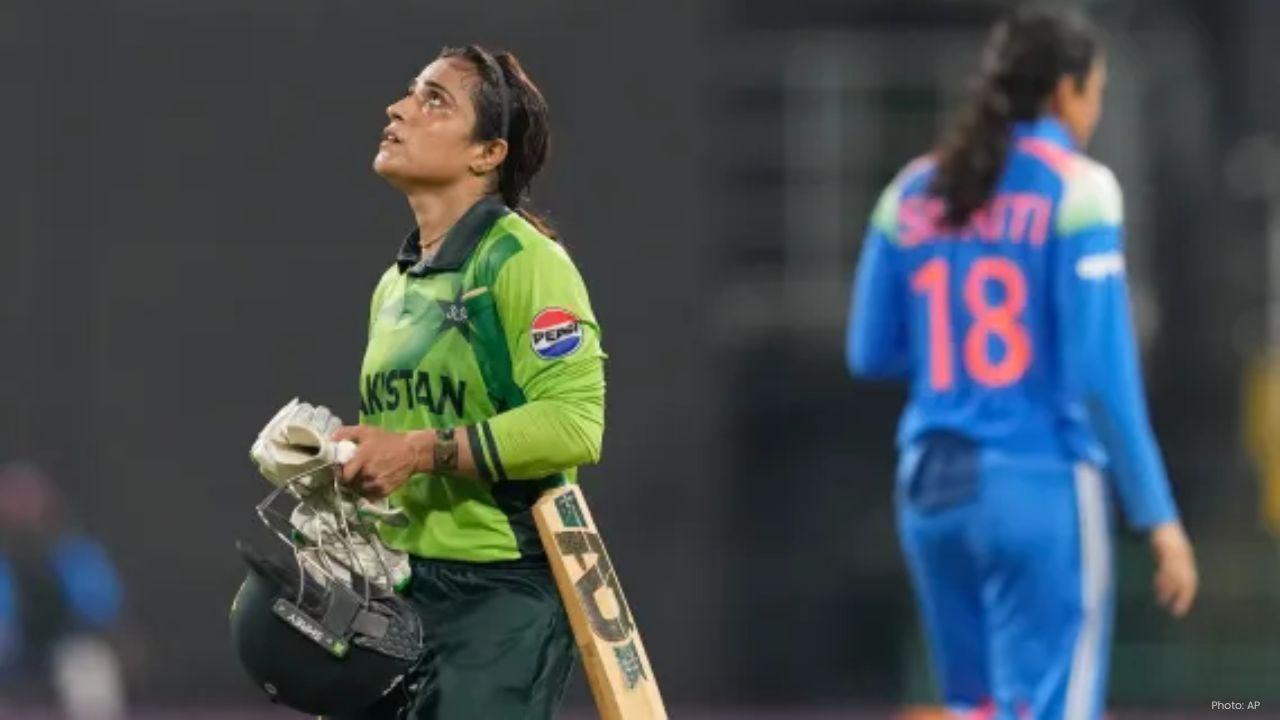
India Defeats Pakistan by 88 Runs in ICC Women's World Cup
India won by 88 runs against Pakistan in ICC Women’s World Cup 2025. Strong batting and bowling perf
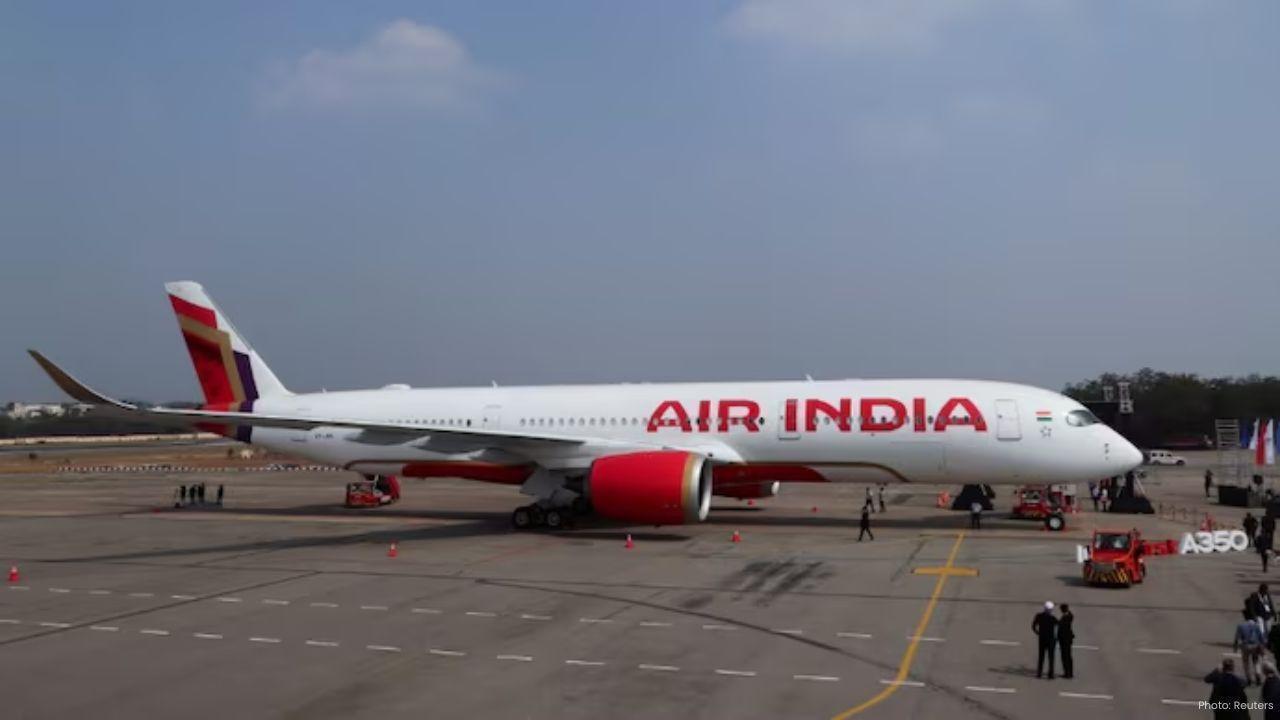
DGCA Probes Emergency Turbine Deployment on Air India Flight
DGCA investigates uncommanded deployment of Ram Air Turbine on Air India Boeing 787-8. Flight landed
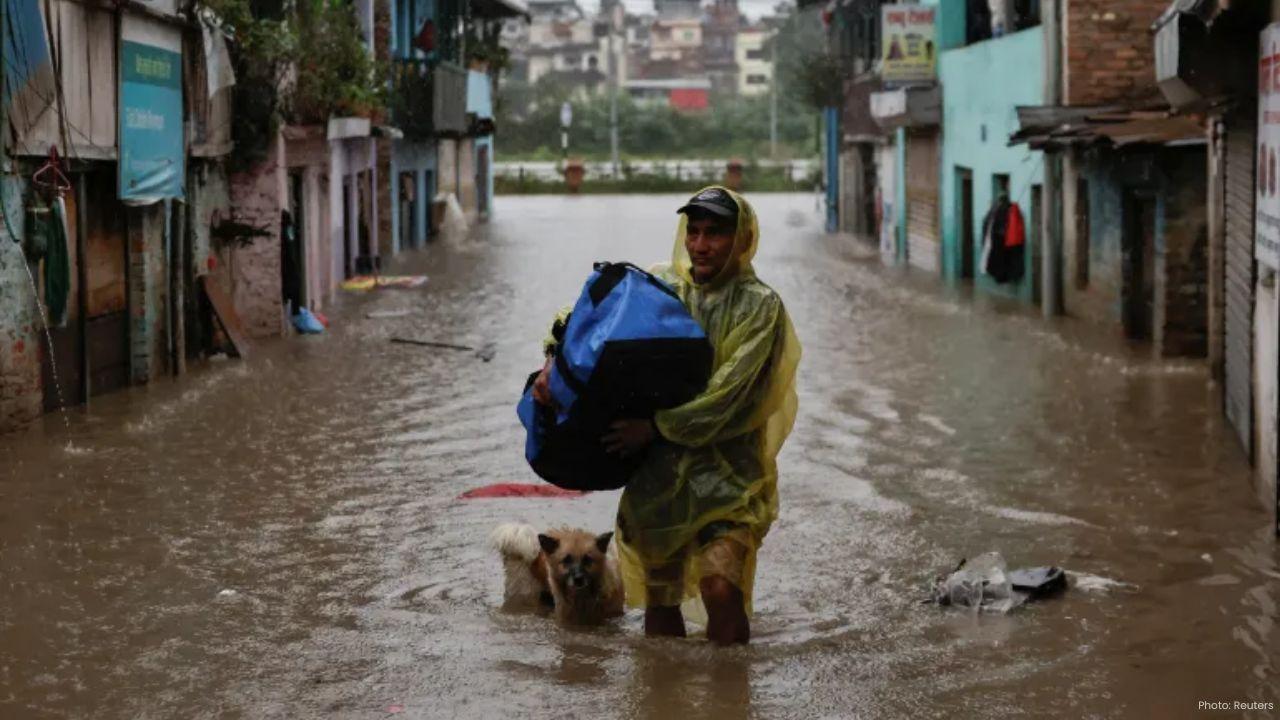
Heavy Rains Cause Floods and Landslides in Nepal and India
Torrential rains in Nepal and India trigger floods and landslides, killing over 70 people. Rescuers

Roston Chase Blames Poor Finances for West Indies Struggles
West Indies captain Roston Chase says poor finances and weak cricket infrastructure in the Caribbean